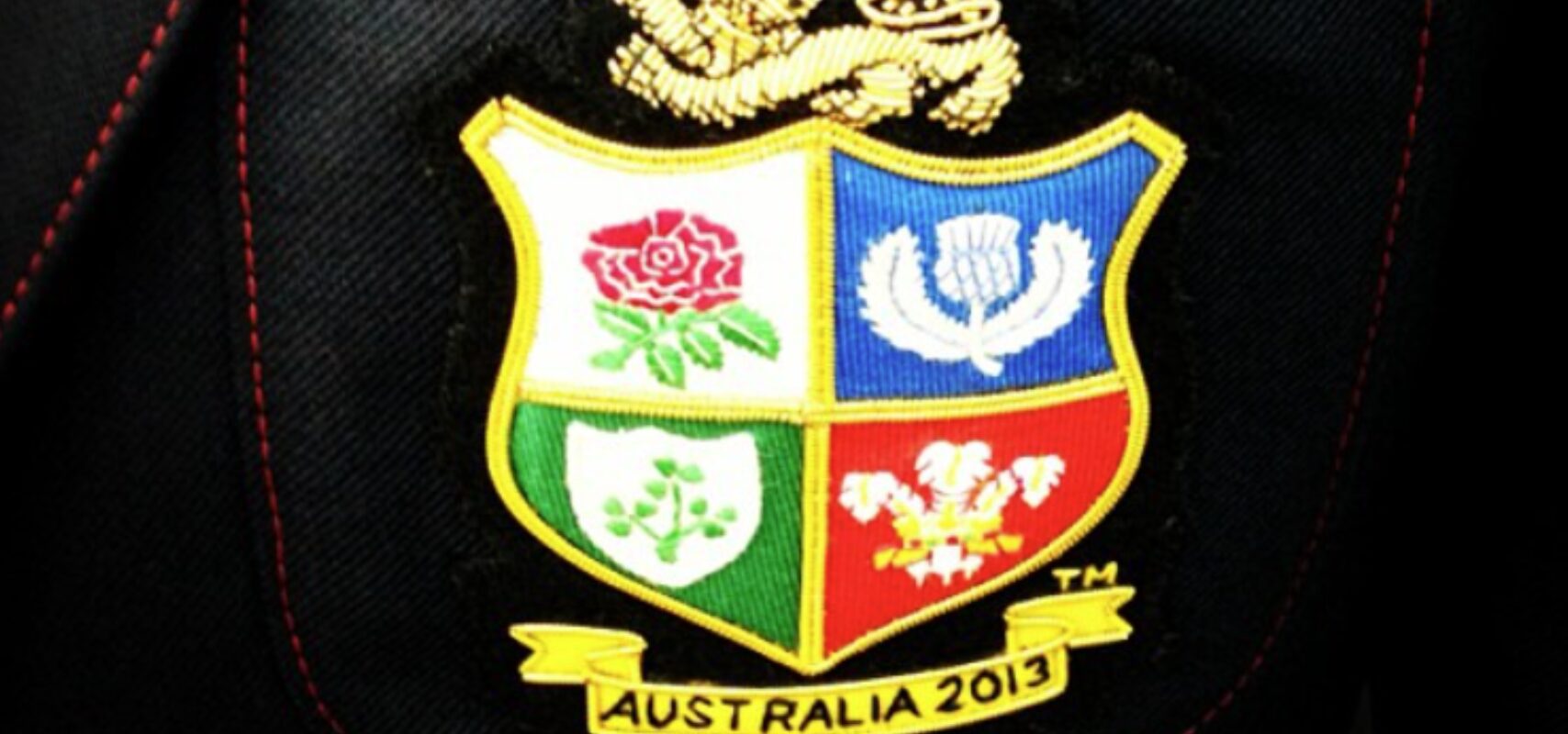In our final conversation with Welsh rugby and British Lions star, Jamie Roberts, he discusses some of the key elements that create great teamwork at the elite level of sport- all of which are highly transferable and relevant to management teams in business scenarios.
Keep it simple, focus, focus, focus
I always really admired Shaun Edwards when he was the Welsh defence coach. He had an incredible way of simplifying what is quite a complex game, and I think that’s hugely important when focusing a team’s performance and driving optimum output.
Mid-week, before say an England game, he’d pull out this shoddy bit of paper from his pocket with three bullet points on it, and it would just be (for example) 1. Line speed, 2. Make sure you work hard around the corners and number up correctly, and 3. Watch their kick / chip chase. That was it.
He’d obviously done hours and hours of analysis, combing footage and reviewing the opposition, but he knew that in the heat of the battle, in the 70th minute, you can’t remember ten things. You can’t have loads of stuff on your mind. You need to anchor down on two or three things, so you remember what’s core, what’s important. I believe that focus is key when steering any team to success. As a leader, you need to do your homework, distil everything down to the few core elements and communicate those clearly and frequently.
Getting clarity on roles
One phrase I used to hear all the time was ‘you have to enjoy this’, and it would really frustrate me when people said it before a game. Because you shouldn’t have to try and enjoy something, you either do or you don’t. What creates great teamwork is building an environment that everyone automatically enjoys.
In my experience, this is where clarity of roles plays an important part in any team. I was always asking questions, so I specifically understood my role and, when I was defence captain, always challenged other team members to make sure they knew theirs as well. I also encouraged and expected to be challenged as it helps reinforce clarity. My advice is to have those little conversations to make sure everyone has complete clarity of their role and what’s expected of them. Then you’re creating an environment where there’s no ambiguity helping the team enjoy what they’re doing.
Adaptability & fitting in
I remember when I first trained with Cambridge University, straight after playing South Africa in the 2015 World Cup quarter-final. Looking back, I loved Cambridge, really loved the people, teammates and the experience, it was great. It was obviously very different to a professional environment; people arrived late for training (because they had lectures), wore mismatched kit (from their colleges) and the standards in training were a world apart from what I’d experienced just a few weeks prior. It was the complete opposite of what I was used to.
And you know, the standards you walk past are the ones you’re willing to accept, so, feeling somewhat frustrated, I went on the offensive to try and motivate them and I remember vividly the team Captain approached me after training one evening asking me politely to ‘tone it down a bit’ – fair play to him. It was simply an ask to approach my messaging a bit differently – a challenge to adapt better to those around me. I often felt the same frustration during my time at Racing Metro in Paris where the French are much more laissez-faire in their approach and certainly different to what I was accustomed to.
So you have to quickly learn that you often can’t fight it. To be an effective team leader (and player) you need to respect those feelings and adapt accordingly – in this example, I wasn’t going to change the way people approach their rugby at an established club, regardless of my perspective. The moment I embraced that contrast, it became a really beneficial learning tool as I allowed myself to reflect differently on past experiences and challenge my own traditional methods of thinking. I don’t think that applies just to sports teams, I think adaptability and mental flexibility are key to any team dynamic.

Creating a framework
As I’ve mentioned before, rugby teams are made up of all sorts of different people, who have different backgrounds, motivations and personality types. To manage this, the best leaders I’ve worked with set the ground rules and create a loose framework that has to be adhered to. The framework (in rugby) often defines the social boundaries – behaviour, curfews, alcohol etc – that everyone has to operate within.
Leaders had the discretion to stretch those frameworks for certain individuals where necessary, but there has to be that framework. There’s no right way or wrong way, because remember at the end of the day, the result is all that matters. But there have to be non-negotiables and if a player doesn’t adhere, they have to face certain consequences, otherwise, the framework falls apart and the discipline of the team does too.
In my experience, frameworks that were co-created (often without coaches’ involvement) are the ones that worked best, as opposed to operating under a dictatorship. When everyone’s involved in setting the rules they’re more likely to respect them.

